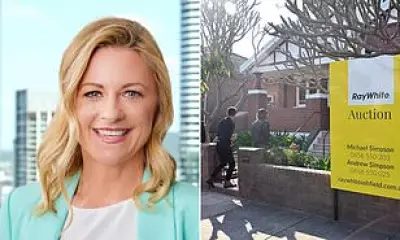
Money saving maestro Martin Lewis has delivered crucial news for millions of households across the UK, revealing exactly how much energy bills are set to drop in just days.
The founder of MoneySavingExpert.com has broken down the numbers ahead of the new Ofgem price cap coming into force on July 1st, bringing welcome relief to stretched family budgets.
What the new price cap means for your wallet
From Monday, July 1st, the energy price cap for typical dual-fuel households paying by direct debit will fall by 7% - dropping from the current £1,690 to £1,568 annually. This represents a saving of approximately £122 over the course of a year for average consumers.
However, Martin Lewis was quick to emphasise a crucial point that many might miss: "The price cap isn't a cap on your total bill."
He explained during his ITV The Martin Lewis Podcast that the cap actually limits the maximum standing charge and price per kilowatt hour that suppliers can charge. This means your actual savings will depend entirely on how much energy you use.
The smart meter reading you MUST take
Lewis issued an urgent warning to households with smart meters, revealing a potential pitfall that could cost you money.
"If you've got a smart meter, you might want to take a reading on June 30," he advised. This ensures your supplier knows exactly how much energy you used before the rates changed, preventing any potential disputes about which rate period your consumption falls into.
Fixed deals: The surprising switch worth considering
In a surprising twist, Martin Lewis revealed that some fixed energy deals are now becoming competitive again. "We are now starting to see the first fixed deals that are worthwhile for some people," he announced.
While the MSE team hasn't yet issued a formal "switch" recommendation, they're actively tracking several deals that could save certain households money compared to the upcoming price cap.
The expert suggested running your details through an Ofgem-approved comparison site to see if locking in a rate makes financial sense for your circumstances.
Standing charges remain stubbornly high
Despite the overall price reduction, Lewis highlighted ongoing concerns about standing charges - the daily fees you pay regardless of energy usage.
"Standing charges are a postcode lottery," he noted, explaining that these fixed costs vary significantly depending on where you live in the UK. For many households, these charges have actually increased, offsetting some of the benefits from lower unit rates.
With another price cap change expected in October, now is the perfect time to review your energy usage, consider whether a fixed deal might work for you, and ensure you're prepared for the next round of changes affecting household budgets.






